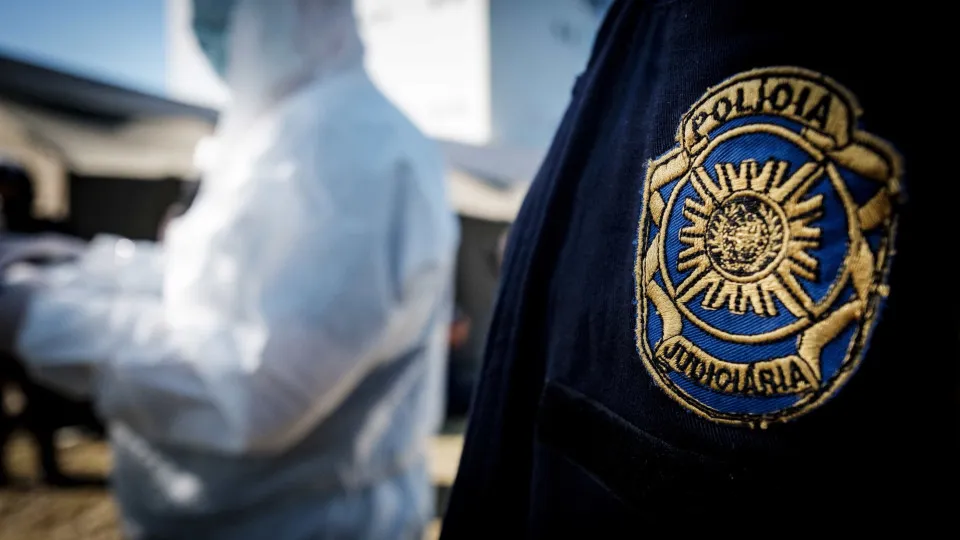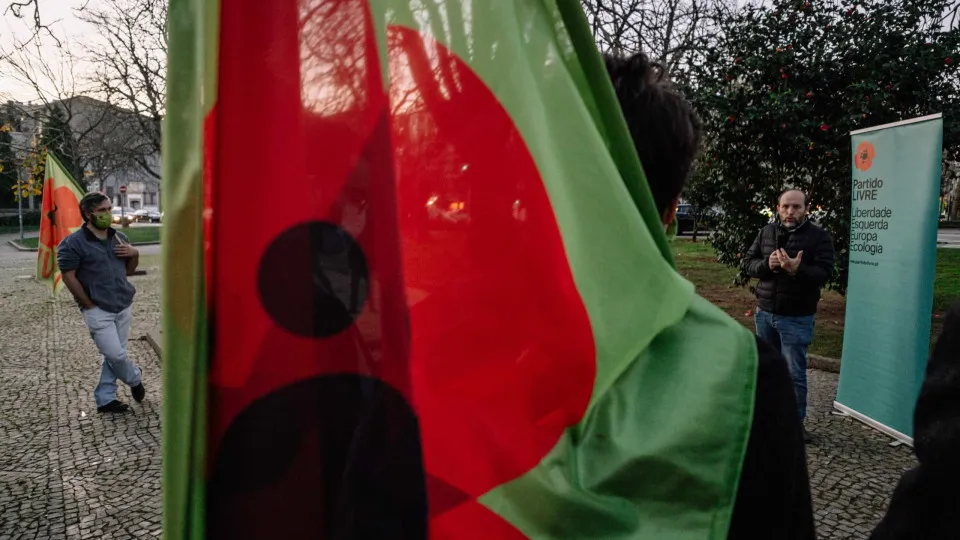
“O ur plan is to implement the armed forces’ reequipping program using the entire funding from the SAFE [Security Action Instrument],” stated Finance Minister Joaquim Miranda Sarmento.
Speaking to the Lusa agency, the official explained that “the amount resulted from a study conducted by the Ministry of Defense on the equipment needs of the armed forces through 2035.”
“We will strive to execute the entire program, mostly financed by SAFE, although part will come from the State Budget. […] We will also see if there are other European funds for this area,” he added.
According to the minister, “investment in defense has already commenced.”
“This year, we will reach the target of 2% of GDP for total defense expenditure,” equivalent to 20% of total investment and 0.4% of the national GDP, “and then it is a gradual effect that will become increasingly noticeable over the years,” he mentioned.
Defense Minister Nuno Defesa had previously indicated that the funds will be distributed proportionally to finance projects for the three branches of the armed forces, aligning with NATO objectives.
This will allow investment in areas such as equipment, housing, or defense heritage.
In the middle of this month, the European Commission proposed allocating 5.8 billion euros in loans for joint public procurement in the field of European security and defense.
The Instrument of Action for Europe’s Security (SAFE), with a total budget of 150 billion euros, was created to support member states wishing to invest in industrial production in the defense sector through joint procurement, focusing on priority capabilities.
At the end of May, the EU Council adopted this 150 billion euro loan package under favorable terms for joint purchases to strengthen community defense.
The package is intended to facilitate joint military equipment purchases among member states and will be financed through joint debt issued by the EU and then transferred as credits to requesting member states.
This new European credit instrument under extraordinary circumstances is one of the measures of the 800 billion euro plan for defense in the EU.
Included in this European plan are 650 billion euros in budgetary space that countries can have to invest in defense, after activating the national clause safeguarding EU budgetary rules that allows the exclusion of up to 1.5% of GDP in military spending from deficit limits. Lisbon has already received ‘green light’ from Brussels to do so.




